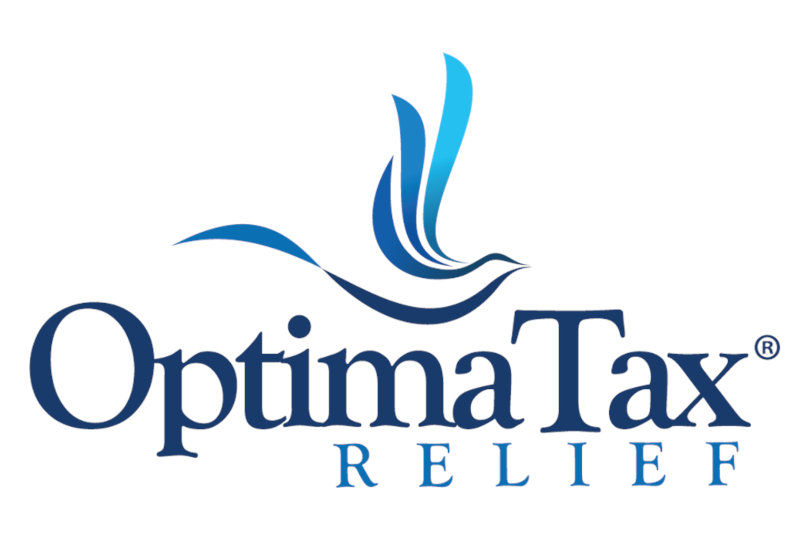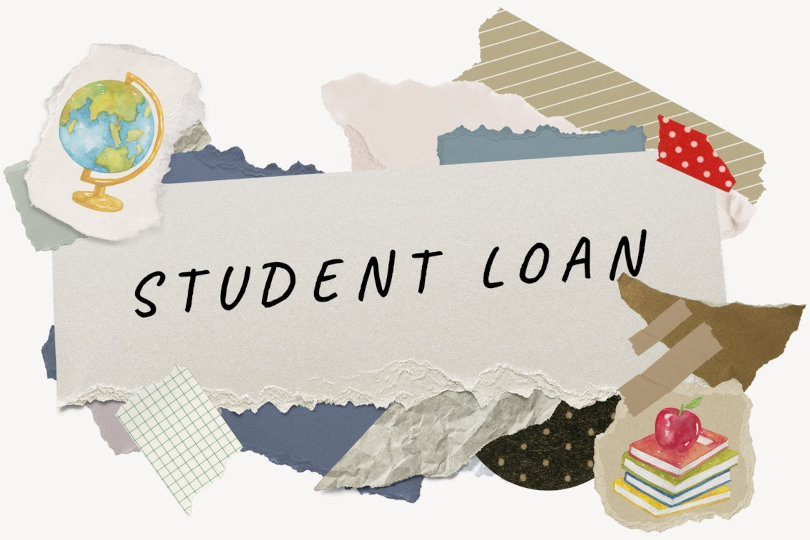The U.S. Department of Education has officially released its application for student loan forgiveness. The short, straightforward application allows borrowers to apply for student loan forgiveness up to $20,000. Optima Tax Relief advises how to prepare for student loan forgiveness.

Determine Eligibility
Eligible borrowers have until December 31, 2023 to submit their applications. Eligible borrowers will include those who hold federal student loans and meet income requirements. Federal student loans include Direct Stafford loans, Direct subsidized and unsubsidized federal student loans, Parent Plus loans and Grad loans.
To qualify for $10,000 in student loan forgiveness, single borrowers must have adjusted gross incomes (AGIs) of less than $125,000 in 2020 or 2021. The maximum household gross income cannot exceed $250,000 to qualify. Those who received a Pell Grant while attending school qualify for up to $20,000 in student loan forgiveness.
Submit the Application
The U.S. Department of Education automatically emailed the application to all borrowers who requested to receive updates about student loan forgiveness. If a borrower did not receive an email, they may apply online on the Federal Student Aid website. The application is simple with just a few short questions, including full name, Social Security number, date of birth and contact information.
The Department of Education may contact applicants for proof of income. The application is set to reflect in your loan balance statements four to six weeks after submission.

Refunds for Student Loan Payments
Many borrowers took advantage of paused student loan interest accrual during the pandemic by opting to pay down their balance and get ahead on their loans. President Biden’s student loan forgiveness plan allows these individuals to contact their loan providers about refunds for any payments made during the payment pause that began in March 2020. The amount paid would be re-added to the loan balance at which point, borrowers can proceed with the student loan forgiveness application.
Specific details about this practice are still not very clear so some experts are advising borrowers to hold off on refund requests for now.
Taxes on Student Loan Debt Forgiveness
A handful of states have announced they may plan to tax student loan forgiveness as income, including Arkansas, California, Indiana, Minnesota, Mississippi, North Carolina and Wisconsin. However, some of these states, including Wisconsin, Minnesota and California, have made claims that they plan to rewrite their state tax code to exempt student debt forgiveness from taxation. Borrowers who reside in these states should stay up to date with the most current information.







